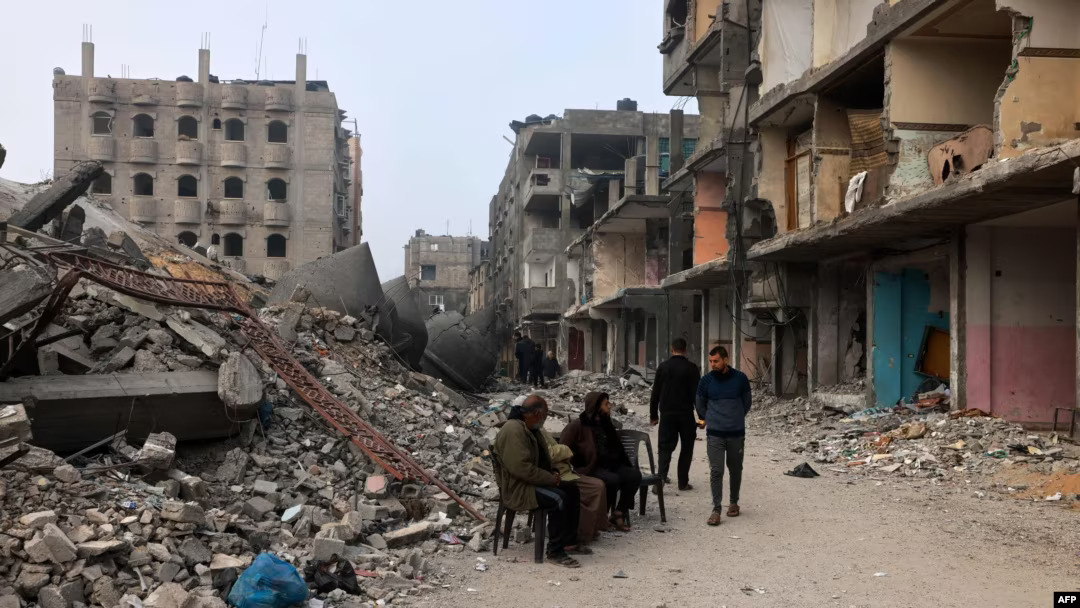Israeli officials are in discussions regarding the next steps following recent talks involving the United States, Egypt, and Qatar aimed at achieving a ceasefire in Gaza. Prime Minister Benjamin Netanyahu announced plans to convene the Cabinet to approve operational strategies in Rafah despite international concerns over potential military action in the densely populated city.
Netanyahu emphasized the necessity of a combination of military pressure and negotiation to attain Israel’s objectives in the conflict.
Mediators from Egypt and Qatar are awaiting Israel’s official response to a proposed deal, which includes the release of Palestinian prisoners in exchange for hostages held in Gaza.
The proposed six-week ceasefire would facilitate the entry of aid trucks into Gaza and continue negotiations for further releases and a permanent cessation of hostilities. Negotiators are working within a tight timeframe, aiming to reach an agreement before the start of Ramadan around March 10.
Hamas, though not directly involved in the talks, asserts that Israel has rejected its key demands, including cessation of aggression and withdrawal from Gaza.

Israeli Leaders to Discuss Gaza Ceasefire Plan as Cabinet Prepares to Approve Rafah Strategy (Credits: COA News)
Meanwhile, the Health Ministry in Gaza reported a significant increase in casualties, with 92 Palestinians killed in Israeli airstrikes in the past 24 hours, bringing the total death toll to over 29,000 and nearly 70,000 wounded. The ministry highlights that a majority of those killed are children and women, while Israel maintains its focus on targeting Hamas militants.
In Rafah, an Israeli airstrike claimed the lives of at least eight people, including women and children, further exacerbating the humanitarian crisis. Neighbors expressed anguish and called for an immediate ceasefire to prevent further loss of life.
Internationally, Brazil’s President accused Israel of genocide against Palestinians, echoing similar sentiments from South Africa, which has filed a case against Israel at the International Court of Justice. Israel denies these allegations, emphasizing its defensive stance against Hamas.
The conflict, which escalated following a deadly Hamas attack in southern Israel, has led to widespread displacement and deteriorating conditions in Gaza.
Hunger, infectious diseases, and lack of basic necessities plague the region, with approximately 80% of Gaza’s population displaced and facing dire living conditions despite Netanyahu’s vow for “total victory,” domestic pressure mounts, as evidenced by anti-government protests in Tel Aviv and Jerusalem, highlighting the urgency for a resolution to the conflict.
As negotiations continue and the humanitarian crisis worsens, the international community watches closely, urging both sides to prioritize peace and diplomacy to end the violence and alleviate the suffering of civilians caught in the crossfire.
The coming days will be critical in determining the path forward and whether a lasting ceasefire agreement can be achieved to bring relief to the people of Gaza and pave the way for sustainable peace in the region.






















